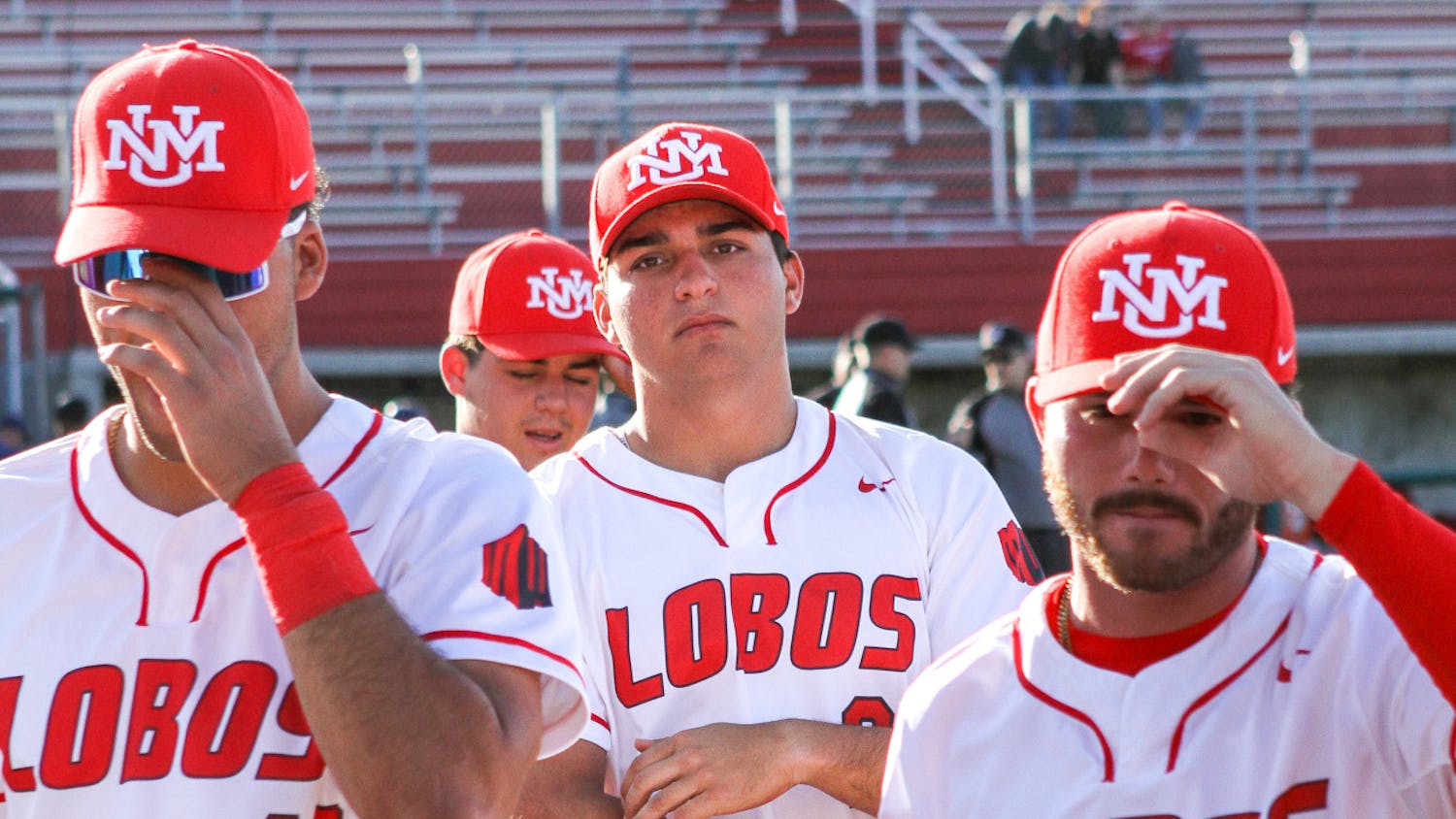He said he had recently graduated from UC Berkeley with a degree in engineering physics and had never taken a climate or meteorology class.
“I had no idea what I was getting into, but I figured that I would find something fun to do,” he said. “Looking back, I am astounded that any respectable meteorology department admitted me for graduate study.”
Now, Gutzler is a professor at UNM’s Department of Earth and Planetary Sciences. His research focuses on climate predictability in the Southwest, with an emphasis on water systems. He said New Mexico faces unique challenges posed by anthropogenic climate change because it has struggled with water throughout its history.
“Here in New Mexico we can see abundant evidence of past settlements that thrived for a while and then either collapsed or moved,” Gutzler said.
The climate variability and water shortages certainly played roles in the social stress that prevented settlers from staying in New Mexico, he said. This trend has implications for how New Mexicans might adapt to future climate changes.
“People today struggle with the same problems that people have always faced in this arid and variable climate,” he said, “but there are lots more of us now than lived here in times past, and our resource consumption per person is bigger.”
The short-term effects of climate change are evident in the historic drought New Mexico has experienced for the past four years, he said.
“Long-term droughts are likely to get much worse as temperatures increase — and a warming trend in temperature is the most confident forecast we can make over the next century, as the concentration of greenhouse gases in the atmosphere goes up and up,” Gutzler said. “If the past is any indication, the drought will eventually let up and precipitation will increase.”
However, current models do not always predict the ends of droughts accurately; sometimes they last for years longer than expected.
Gutzler said that there are concrete paths to mitigating the harsh effects of climate change, such as implementing renewable energy on a large scale or sequestering carbon dioxide from fossil fuels. He said that the roadblocks to these solutions are mostly political.
“Fossil fuels are abundant and cheap, and the fossil fuel industry has tremendous political clout, both in the USA and in other countries,” he said. “If the global community could get past the stonewalling and finger-pointing, and treat climate change mitigation as an engineering problem rather than a political issue, then we’d just get it done.”
Get content from The Daily Lobo delivered to your inbox
On Nov. 28 the Intergovernmental Panel on Climate Change released its Fifth Assessment Report, which detailed the current research on the risks and possible adaptations to anthropogenic climate change. Gutzler was retained by the IPCC to write the section on changes to the global water cycle.
“In many regions, changing precipitation or melting snow and ice are altering hydrological systems, affecting water resources in terms of quantity and quality,” the IPCC’s Policymaker Summary stated.
Gutzler’s current hydrological research involves studying historical data on the Pecos and Gila Rivers, as well as smaller streams, to analyze how they have been affected by rainfall, snowpacks and temperature fluctuations. He uses these data to make predictions about future streamflows.
Gutzler said he hopes that breakthroughs in climate change prediction models make people understand the importance of conserving limited resources, especially in places like New Mexico, where there were water shortages.
“Studying climate change ought to motivate us to preserve resources, be responsible environmental stewards and increase our resiliency to climate variability and change,” he said. “Are we smart enough to do all that, or will we choose to just deplete rivers, aquifers, forests and other resources and then move on?”
Lena Guidi is a freelance reporter at the Daily Lobo. She can be reached at news@dailylobo.com, or on Twitter @DailyLobo.





